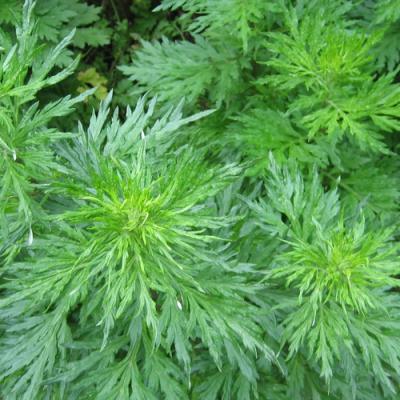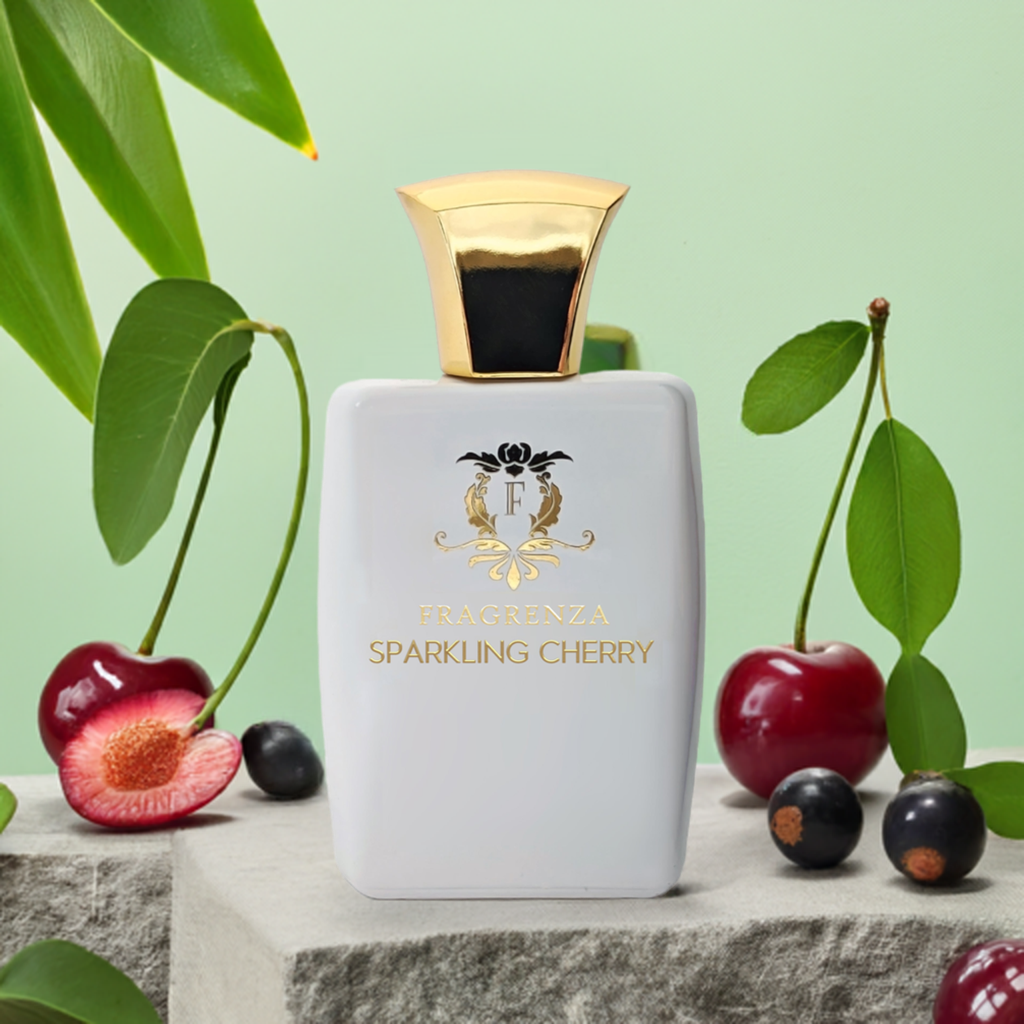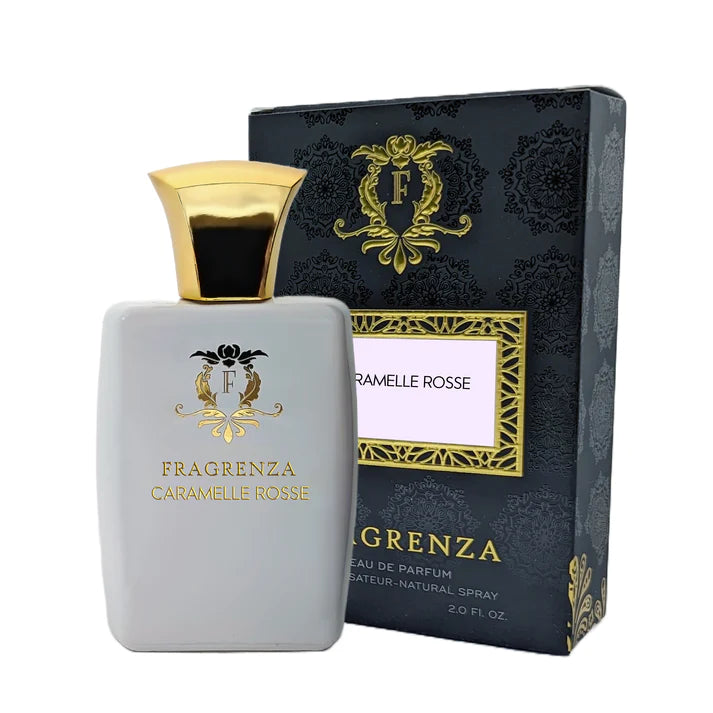What does davana smell like?


High-Quality Niche Fragrances: 70-90% Savings by Cutting Retail Markups, Celebrity Marketing, and...

Adeline PDM Delina dupe Better Peach Tom Ford Bitter Peach dupe Chloris Gardenia Gucci Flora Gorgeous Gardenia dupe Fearless Love Kilian's Love, Don't Be Shy dupe Selvaggio Dior's Sauvage dupe Addict Noir YSL's Black Opium dupe Empress D&G's L'Imperatrice dupe Divino Bleu de Chanel dupe Lo amo J’Adore Dior dupe Pretty Girl Carolina Herrera's Good Girl dupe

For lovers of cinnamon, discover the allure of Parfums de Marly's Oajan dupe. This exquisite, budget-friendly perfume encapsulates a sophisticated aroma journey. It commences with a vibrant bouquet of Cinnamon, Honey, Osmanthus, then seamlessly transitions into a lush middle of Benzoin, Labdanum, Ambergris, Davana. The fragrance culminates in a deep, rich base of Patchouli, Musk, Vanilla, Tonka Bean. Embrace the luxury of high-end perfumes at a fraction of the cost and make this elegant scent your new signature.

If you love the scent of pimento, you'll be enchanted by our Tom Ford's Oud Fleur dupe. This luxurious yet affordable perfume offers a sophisticated fragrance experience. It opens with a delightful blend of Pimento, Ginger, Cardamom, Rose, Oud, Sandalwood, gracefully evolving into a heart of Patchouli, Osmanthus, Davana, Resins, Cinnamon, Leather. The scent journey concludes with a rich base of Ambergris, Castoreum, Incense, Styrax, Cistus. Indulge in the opulence of high-end perfumes without the extravagant price tag, and let this elegant fragrance become your new signature scent.

On the hunt for a perfect Baccarat Rouge 540 dupe? The popular alternative, Caramelle Rosse, is a name you'd often come across. Despite a stark contrast in bottle design and aesthetic, it's the remarkable similarity in their floral and woodsy scent profiles that stands out. As a more budget-friendly alternative to the acclaimed Baccarat Rouge 540, Caramelle Rosse has carved a niche for itself in the fragrance community, offering an unparalleled scent experience without compromising on the distinctive aroma.
Step into a world of elegance with our dupe for Amouage's Honour Woman. Pepper X Woman is a graceful fragrance that combines spicy notes with delicate florals, creating a scent that is both sophisticated and memorable. Allow yourself to be captivated by its allure.